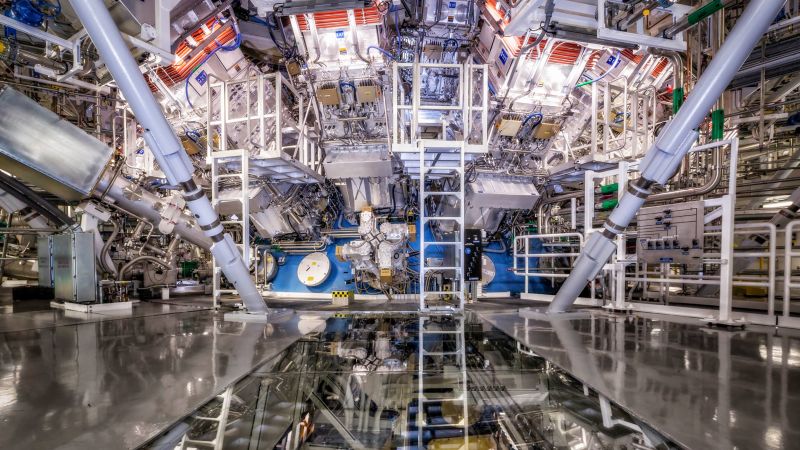I wonder what sort of problems having near-unlimited energy at our disposal would bring. Like, light and noise pollution are already bad enough. But would people be even more careless with that? And if we manage to automate most things and energy isn’t an issue, how would we live and occupy ourselves? How would that change industries and the world? How would that change things like war and power struggles in general? What about science and electronics?
It’s a bit concerning but also fascinating
All energy created by fusion will eventually end up as heat in the atmosphere. That puts a limit on how much of the stuff we can produce. On the other hand, we can produce practically limitless energy safely with existing technology, namely renewables.
While this is amazing and all, it’s always seemed to me that this approach of using hundreds of laser beams focused on a single point would never scale to be viable for power generation. Can any experts here confirm?
I’ve always assumed this approach was just useful as a research platform – to learn things applicable to other approaches, such as tokamaks, or to weapons applications.
The NIF was founded to research nuclear explosions without the nuclear explosions after nuclear bomb tests were banned. It was never designed for power generation, if you want to do that you build a huge tokamak like ITER.


